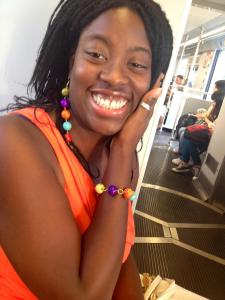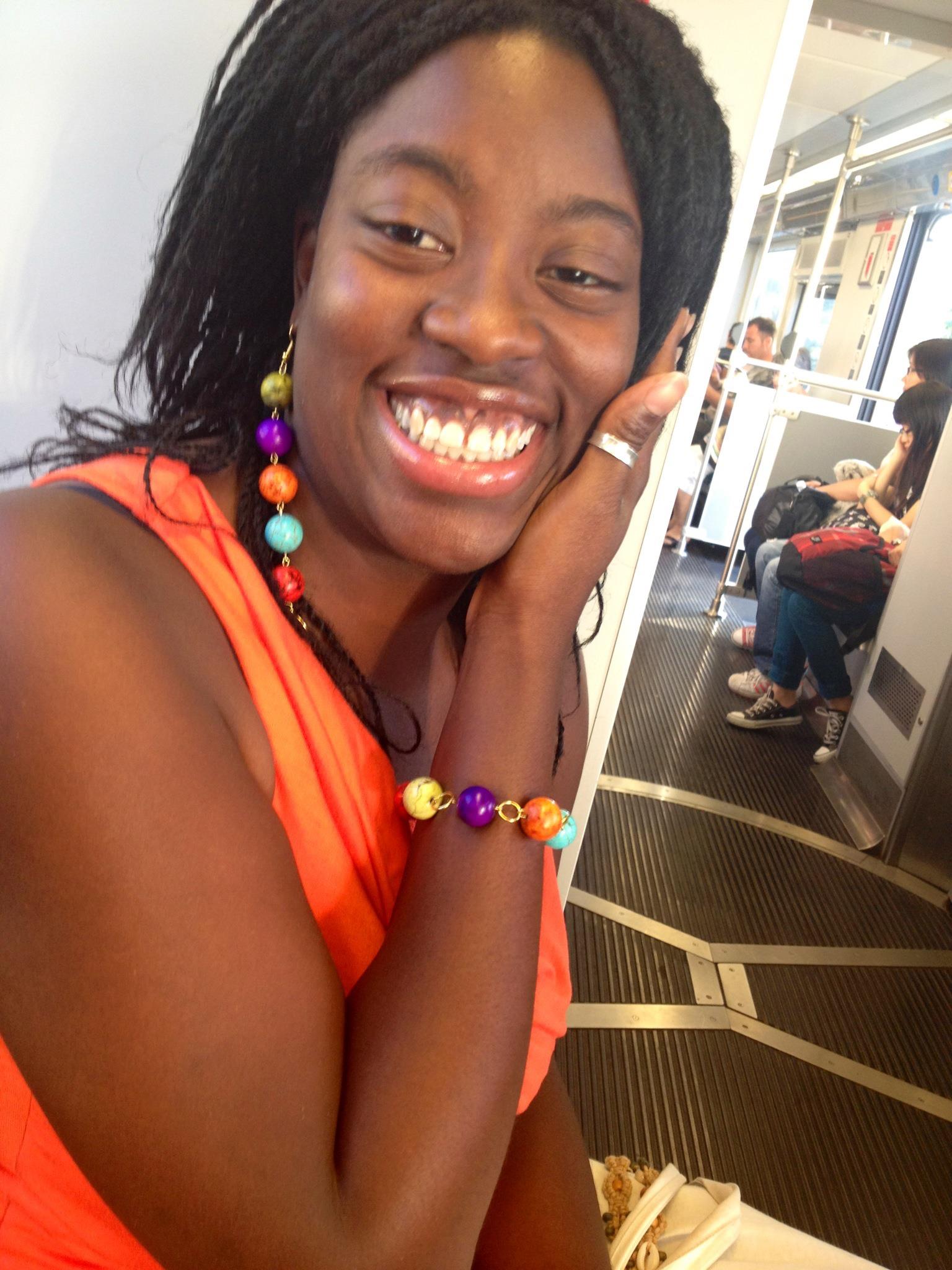
A Nigerian friend and I were recently chuckling about a conversation she’d had with her aunt, who expressed concerned that she was approaching 40 and far from settling down. Her aunt asked her: ‘Eh you’re 38 years and you’re not married; are you sure you’re not gay? If you are, you can tell me, it’s okay, I’m your auntie, I will still love you!’ Those of us born between late 1970s and early 1980s have learned that our society has greatly changed the expectations placed on us, especially girls; however the social expectations remain the same.
The order of events growing up, though unspoken was quite clear: nursery school; primary school; junior secondary school; senior secondary school; university; career. At some point in between those, a husband and possibly children were to be inserted in the right places.
And I followed those rules. As a teenager with raging hormones, school officials and family made it clear that boys were taboo. Anyone caught with remote interest in the opposite sex was quickly put in place, often times punished. Even in high school, my father completely avoided the subject but still made it clear that I had no business socially hanging out with boys. My mother’s loving “be good” at the end of every conversation were the constant reminder that though thousands of miles away, she expected me to keep up with the decorum of the prim and proper Christian girl she had raised.
My mother’s campaign continued well into college where she would often call and ask pointed questions about the company I kept. Her “be good” reminders stayed quite strong. We continued well into grad school.
Then one day she says to me, “it would be so wonderful when I have grandchildren! ‘ Wait, what? When did this transition happen? I thought boys were bad news.’
African parents are notorious for being very strict with their children especially girls. In fact, my parent kept a shotgun behind the front door of our home. I’m sure it was for easy access in case there was a burglar, but we all knew that it was also to let any daring boy who came into the house know who had authority. It is a perfectly valid behavior, especially in a society when girls are often preyed on, and our naiveté used against us.
However, in the quest to protect our innocence, we are often left ill-equipped to tackle the world of negotiating social scenes and interactions towards marriage and ‘settling down’. Culturally, African parents expect their children to be married by the time they are 30. Indeed, most of my friends in Ghana are married with children and the few stragglers have either disavowed marriage or are desperately seeking any mate. In contrast most of my African friends living in the U.S are single: no potential partner in sight, amidst comments from family members including ‘you must be too picky’ and ‘you’re not the queen, lower your standards a little.’ These comments of course do very little to help someone who really wants to be married but does not seem to meet the right people.
So how do we find a happy middle? Times have greatly changed and we must also adjust our perspective. Children must be taught how to navigate not only careers, but family life, starting with making connections with both males and females. As girls have been afforded the same opportunities as boys, there are many women who will pursue a career, shifting their focus from the pursuit of a husband. And as we currently see, there are many women, though unmarried, who lead well-connected, stable and financially secured lives. Children should be raised to understand the choices available and the consequences of each decision. We must not shy away from the possibility that our daughters may decide never to get married, or that they may have children without a husband.
I personally appreciate the values that my family strived to impart to me. While navigating my 30s, I have relied on many of these values to make sound favorable decisions. As I work towards the best me, I continue to shake off the feeling of being ‘the strange one’ and understand that life is whatever I make of it.
Grace Neequaye MPH CHES
Life and Times Columnist








Very nice Grace!!!
Great piece.